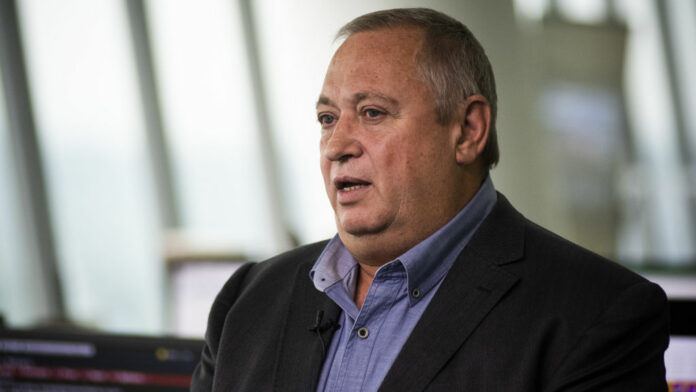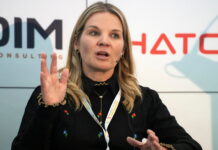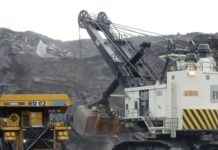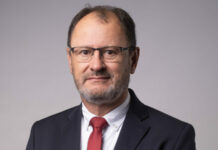
MINERS of low carbon metals would be protected from the kind of supply shocks currently being seen in the nickel industry, said Sibanye-Stillwater CEO, Neal Froneman.
Low cost nickel production from Indonesia, described in an article by Bloomberg News on February 26 as “near limitless” was “dirty nickel”, said Froneman. “It has a really bad carbon footprint and it’s not going to be nickel that’s used in batteries because you defeat the purpose,” he said in an interview earlier this month.
“Tariffs will probably be introduced, penalties will be put in place, for material that has got a carbon footprint that’s unacceptable,” Froneman said.
Nickel moved from a supply deficit of 161,000 tons in 2021 to a surplus of 244,000 tons last year. The surplus is projected to continue until at least 2027, according to Bloomberg News which cited Macquarie Bank data.
The newswire also quoted Anglo American CEO, Duncan Wanblad as saying there was a “serious structural challenge”. This was a result of low grade Indonesian nickel which through a processing innovation is enabling the production of high quality metal.
It resulted in Anglo writing down its nickel operations by about $500m while Glencore is to shut its New Caledonia mine Koniambo. BHP is deciding whether to close its Australian nickel operation. Even Sibanye-Stillwater’s recently acquired nickel refinery in France, Sandouville, is fighting for survival although Froneman said it was “increasingly likely” the facility would be converted to produce to a precursor metal called ‘PCam’.
“It’s always been on the horizon,” said Froneman of new high grade Indonesian nickel production. “But there are many ways to manage it,” he said. Western governments, keen to wrest some supply of battery metals such as nickel away from China, would indirectly subsidise production by paying price premia for low carbon metal. Froneman expected to see as much in the lithium industry.
His company is building the Keliber lithium mine in Finland, which is due to produce first material in 2025, as well as the Rhyolite Ridge project in the US. “It’s got to be done in partnership with governments and we’ve been flying that flag now for a couple of years and that’s why we’ve chosen ecosystems of North America and Europe,” said Froneman.
“We’re not contract miners for the Chinese, it’s not our business model. That’s why we’ve also made investments into bigger factories such as Sandouville,” he said.










